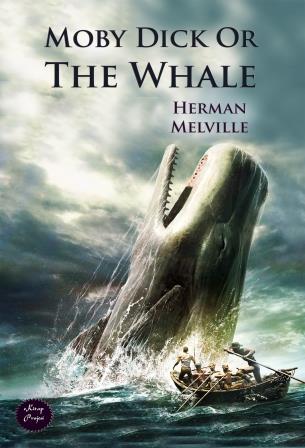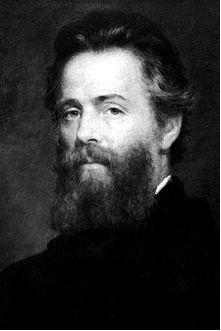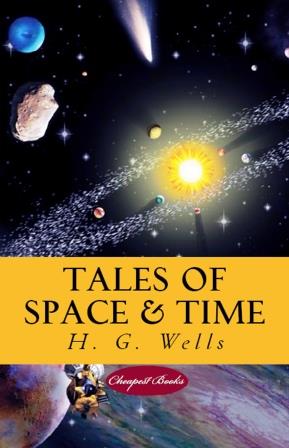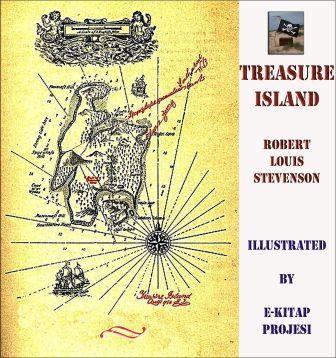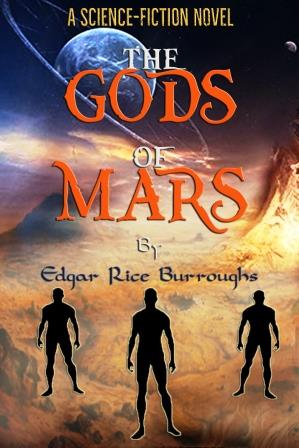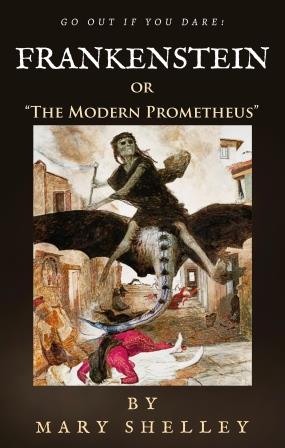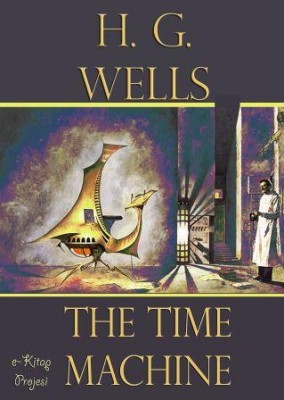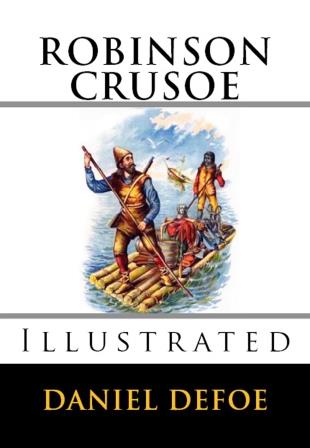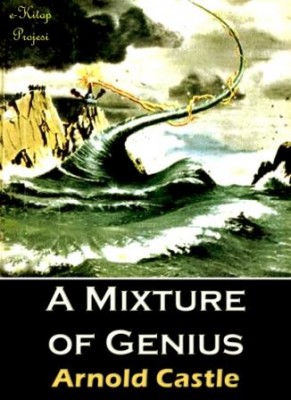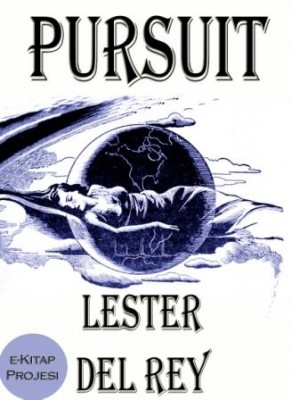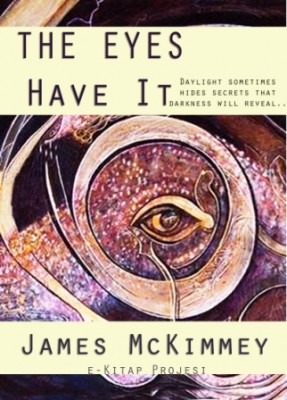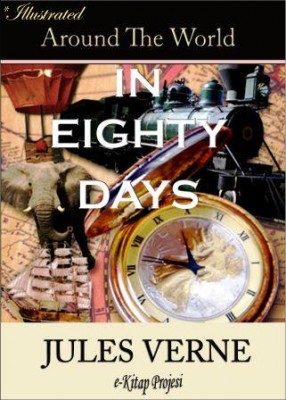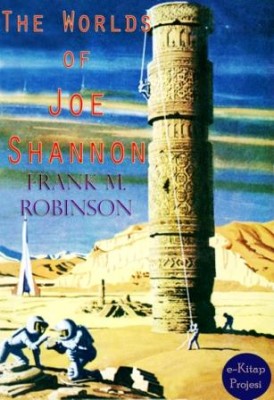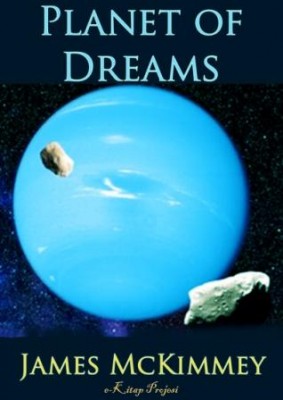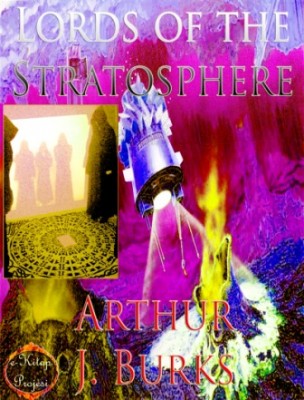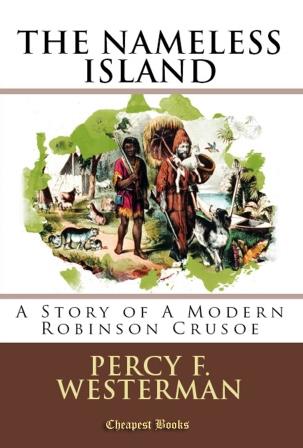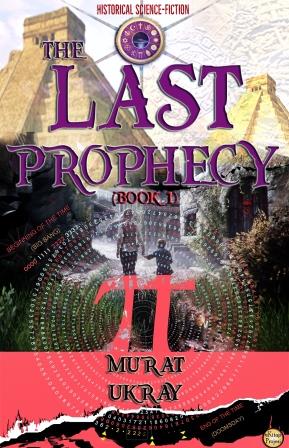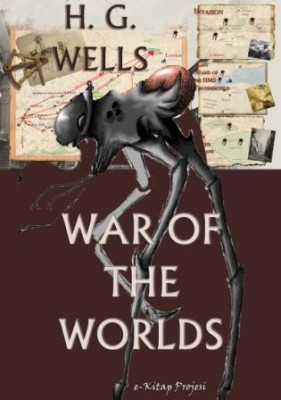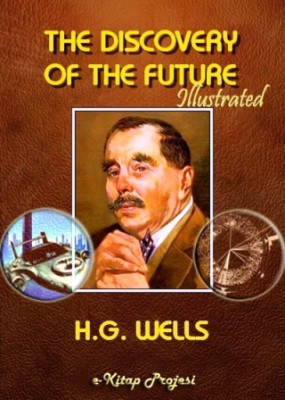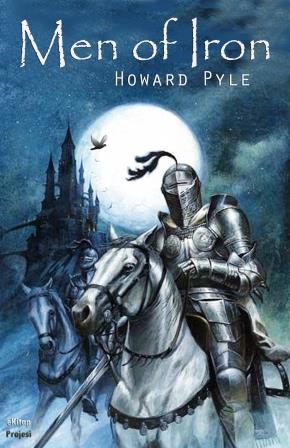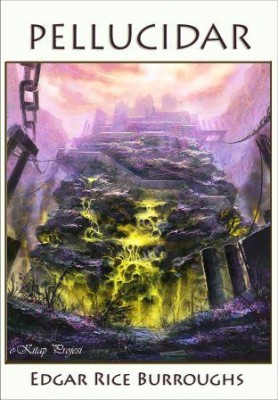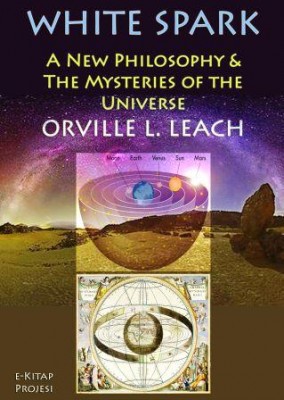Moby-Dick; or, The Whale is a novel by Herman Melville, first published in 1851. It is considered to be one of the Great American Novels. The story tells the adventures of wandering sailor Ishmael, and his voyage on the whaleship Pequod, commanded by Captain Ahab. Ishmael soon learns that Ahab has one purpose on this voyage: to seek out Moby Dick, a ferocious, enigmatic white sperm whale. In a previous encounter, the whale destroyed Ahab's boat and bit off his leg, which now drives Ahab to take revenge.
In Moby-Dick, Melville employs stylized language, symbolism, and metaphor to explore numerous complex themes. Through the journey of the main characters, the concepts of class and social status, good and evil, and the existence of God are all examined, as the main characters speculate upon their personal beliefs and their places in the universe. The narrator's reflections, along with his descriptions of a sailor's life aboard a whaling ship, are woven into the narrative along with Shakespearean literary devices, such as stage directions, extended soliloquies, and asides. The book portrays destructive obsession and monomania, as well as the assumption of anthropomorphism.
EXTRACTS.
"And God created great whales." —GENESIS.
"Leviathan maketh a path to shine after him; One would think the deep to be hoary." —JOB.
"Now the Lord had prepared a great fish to swallow up Jonah." —JONAH.
"There go the ships; there is that Leviathan whom thou hast made to play therein." —PSALMS.
"In that day, the Lord with his sore, and great, and strong sword, shall punish Leviathan the piercing serpent, even Leviathan that crooked serpent; and he shall slay the dragon that is in the sea." —ISAIAH
"And what thing soever besides cometh within the chaos of this monster's mouth, be it beast, boat, or stone, down it goes all incontinently that foul great swallow of his, and perisheth in the bottomless gulf of his paunch." —HOLLAND'S PLUTARCH'S MORALS.
"The Indian Sea breedeth the most and the biggest fishes that are: among which the Whales and Whirlpooles called Balaene, take up as much in length as four acres or arpens of land." —HOLLAND'S PLINY.
"Scarcely had we proceeded two days on the sea, when about sunrise a great many Whales and other monsters of the sea, appeared. Among the former, one was of a most monstrous size…. This came towards us, open-mouthed, raising the waves on all sides, and beating the sea before him into a foam." —TOOKE'S LUCIAN. "THE TRUE HISTORY."
